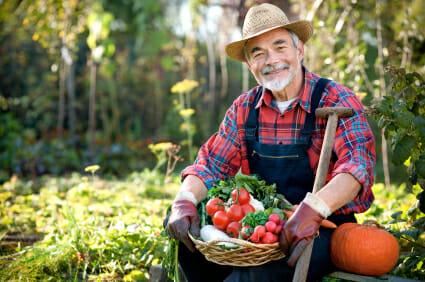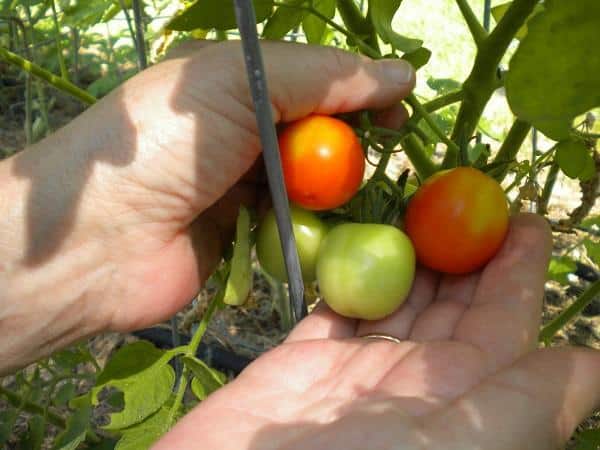
Just as the mainstream media colors conservatives in an unpleasant light, preppers have been portrayed negatively in society as “over the top” and eccentric. Traditional stereotypes of folks who are interested in getting off the grid have included whacked-out commando-type survivalists munching on bugs and toting machine guns.
As Steve Wark, of the Steve Wark in the Morning radio show in Las Vegas, Nevada, found out recently, we’re pretty much just normal people! We aren’t these militaristic, survivalist types who lean heavily into Christian apocalyptic overtones to explain our worldview. Bill Heid and Brian Brawdy showed him and his listeners that we’re average people who want to be able to take care of ourselves and our families, but still carry within ourselves a sense of humor, a love of life, and a compassion and desire to help as many others as we can.
Being self-reliant is not a euphemism for divorcing oneself from life or reality. Instead, preppers are people who believe in being prepared for any and all eventualities as best they can, in lending a hand to neighbors and friends in the event of natural disasters such as Hurricane Katrina, an earthquake, mudslides, or snowstorms; in the event of economic instability; in the wake of the loss of the power grid; in the aftermath of a terrorist attack; or in the face of war.
Because Off the Grid News presents the prepper paradigm from a Christian world-view however, the Good Samaritan mandate that we are held to through Scripture, along with everything else that Jesus taught, also weighs heavily on our hearts. The Bible tells us that we are to be involved in the lives, the hopes, the dreams, the pain, and the suffering of our fellow man.
Off the Grid News was started about two years ago, and since that time we have expanded and broadened our horizons. Bill and Brian branched out into radio, we’ve added a video section to the site (plus other categories such as “Way Off the Grid”), and in addition to new product selections, Solutions From Science (our parent company) has now launched its Heirloom Solutions website, an heirloom seed cornucopia.
But it hasn’t all been about business. God has put us in a position to be used for wonderful things, and Bill’s involvement with the orphanage and children in Haiti through Heart of God International Ministries has brought so many blessings for the organization and our readers who have partnered with us. And that partnering is the crux of the whole self-reliant, off-grid movement.
Bill’s reply to Steve Wark’s question of what would one do if they’re an urbanite and just don’t have the space and knowledge to go full-blast into prepping is indicative of that partnering mindset. We have had such a division of labor in this country, with everyone specializing exclusively in one area or another, that we’ve lost the simple mechanical and common sense skills that our parents and grandparents had. While community has always been an important aspect of human civilization, because we no longer have a well-rounded knowledge of basic survival skills, the one thing most vital to the success of any short or long-term survival plan is establishing a sense of community amongst neighbors and friends.
We are not islands unto ourselves, and we will never survive as islands. We were made for community, for companionship, and for fellowship with each other. Strangers don’t help each other. Strangers are the outsiders when bad things happen and the target of suspicions. By pooling resources with other friends and neighbors, we strengthen our chances of surviving any disaster that comes our way.
According to Ecclesiastes 4:9-10 (NKJV), “Two are better than one, because they have a good return for their work: If one falls down, his friend can help him up. But pity the man who falls and has no one to help him up!” There is safety is numbers, and in partnering with others, you provide that safety net for yourself and your family.
So while you’re out there stockpiling the water, putting up food stores, and weeding your garden, don’t neglect the equally important work of building relationships with like-minded people around you. Whatever skills you have, teach them to your children. If they’re interested, teach them to your friends and neighbors as well. Look at skills others people have, and determine to learn them yourself so that your knowledge base keeps expanding.
Above all, remember the admonition of Ecclesiastes – “Pity the man who falls and has no one to help him up!” Maybe it’s time to put together that neighborhood barbeque after all!
If you liked this article you may be interested in this product from our sponsor.











